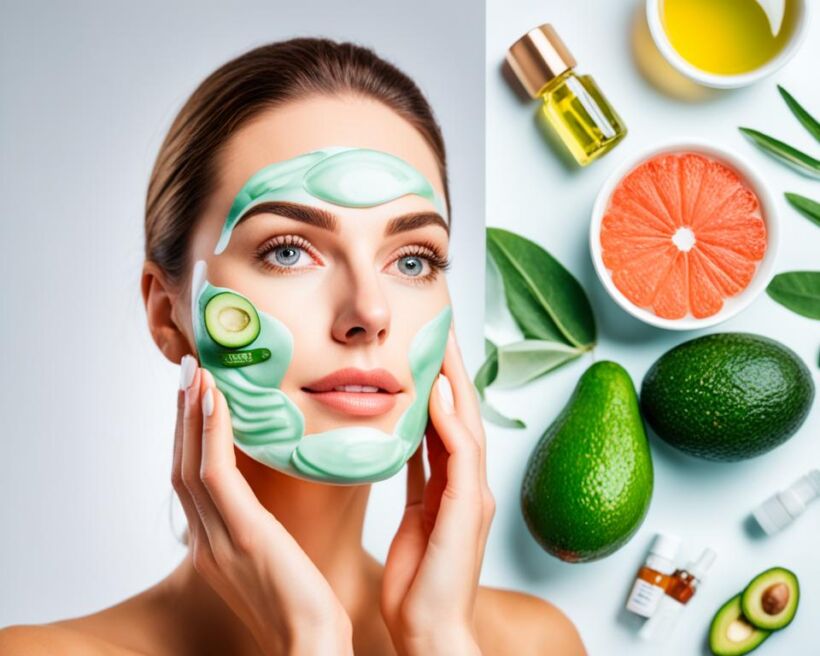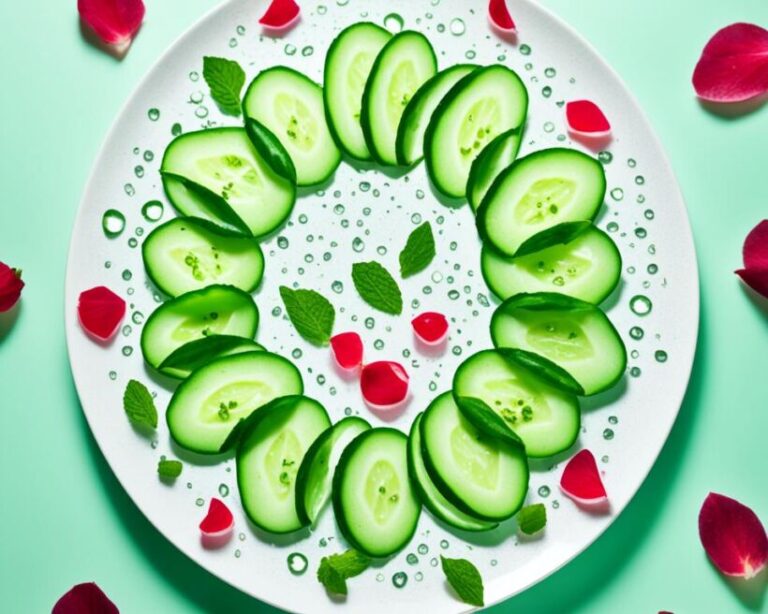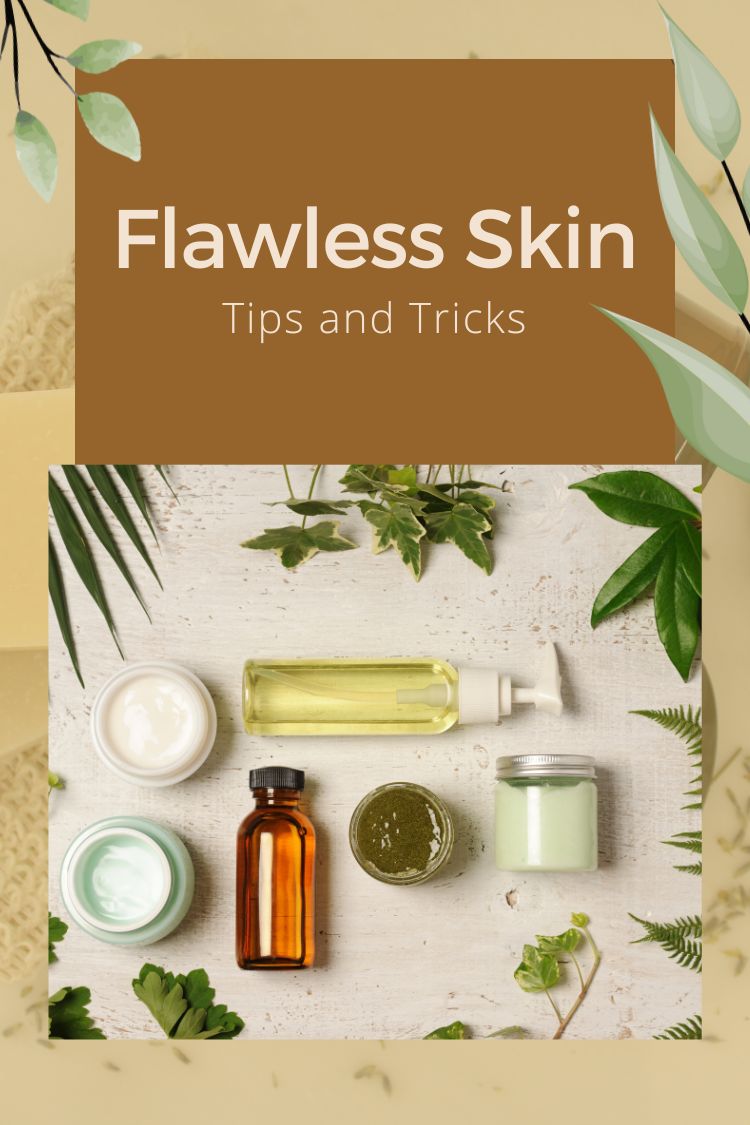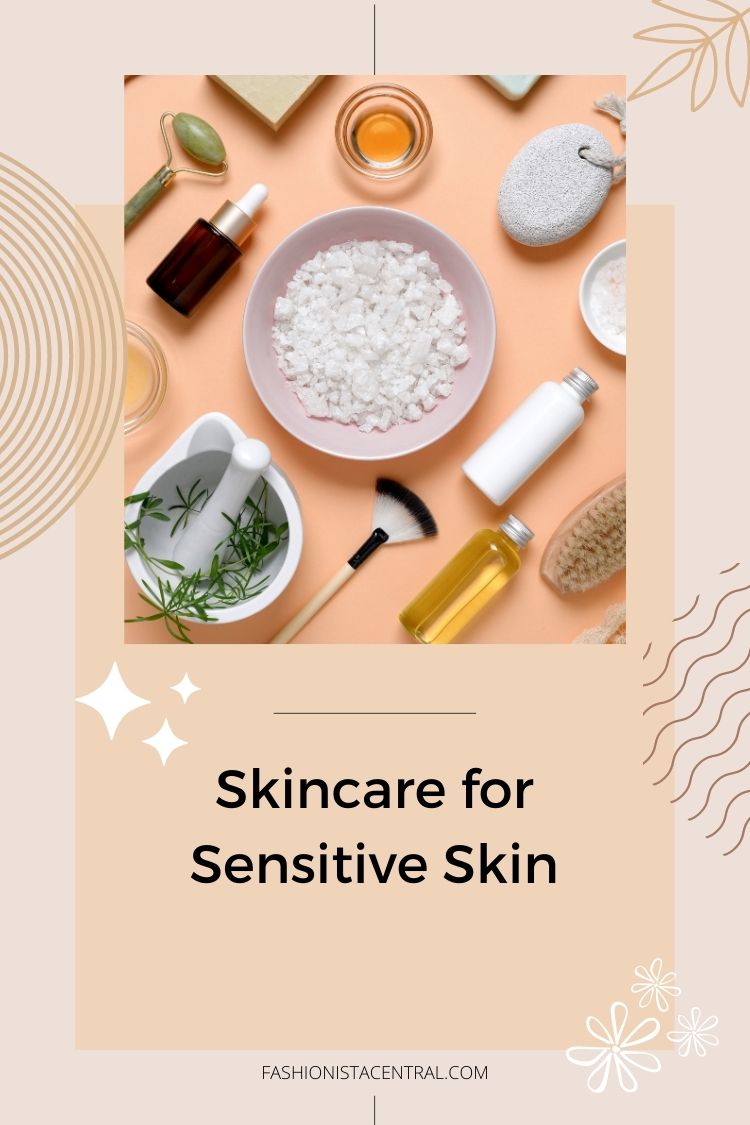Hey there, struggling with hormonal acne?
We understand how frustrating it can be to deal with breakouts that seem to have a mind of their own. You’ve tried various remedies, but it feels like nothing works! Don’t worry, you’re not alone. Hormonal acne affects many individuals, causing stress and impacting self-confidence.
But fret not, because we’re here to help. In this article, we’ll share with you effective ways to treat and prevent hormonal acne, offering solutions, remedies, and care tips to manage it effectively. By the end, you’ll have a comprehensive understanding of how to combat hormonal acne and regain your clear complexion.
Before we explore the treatment and prevention methods, understanding the root cause of hormonal acne is crucial. It’s essential to know what’s going on beneath the surface of your skin.
Understanding Hormonal Acne
Before we dive into the treatment and prevention methods, it’s important to understand what hormonal acne is. Hormonal acne is a type of acne that is primarily caused by hormonal imbalances within the body. These imbalances can lead to overactivity of the sebaceous glands, which are responsible for producing sebum, an oily substance that can clog pores and lead to acne breakouts.
Androgen hormones, such as testosterone, play a significant role in hormonal acne. When androgen hormones are in excess, they can stimulate the sebaceous glands to produce more sebum, making the skin more prone to acne. Hormonal imbalances, which can occur due to various factors like puberty, menstruation, pregnancy, polycystic ovary syndrome (PCOS), and hormonal disorders, can disrupt the normal functioning of androgen hormones and contribute to hormonal acne.
Understanding the causes of hormonal acne and the involvement of sebaceous glands and androgen hormones is crucial in developing effective treatment and prevention strategies. Now that you have a better understanding of the underlying factors, let’s explore the different approaches you can take to manage hormonal acne.
Causes of Hormonal Acne:
| Hormonal Imbalances | Sebaceous Glands | Androgen Hormones |
|---|---|---|
| Hormonal imbalances, such as those occurring during puberty, menstruation, pregnancy, PCOS, and hormonal disorders, can contribute to hormonal acne. | Overactivity of the sebaceous glands, which produce sebum, can lead to clogged pores and acne breakouts. | Androgen hormones, like testosterone, can stimulate the sebaceous glands to produce excessive sebum, making the skin more prone to acne. |
Skincare Routine for Hormonal Acne
A proper skincare routine plays a vital role in managing hormonal acne. By following a consistent regimen, you can effectively cleanse, exfoliate, and moisturize your skin to keep hormonal acne at bay. Here’s a step-by-step guide to a suitable skincare routine for hormonal acne:
- Gentle Cleansers: Start your skincare routine with a gentle cleanser that is specifically formulated for acne-prone skin. Look for cleansers that contain ingredients like salicylic acid or benzoyl peroxide, which can help unclog pores and reduce inflammation.
- Exfoliation: Exfoliating your skin regularly can help remove dead skin cells and unclog pores. Choose a gentle exfoliator that is suitable for your skin type. Avoid harsh scrubbing as it can irritate your skin and worsen acne. Instead, opt for chemical exfoliants like alpha hydroxy acids (AHAs) or beta hydroxy acids (BHAs).
- Oil-Free Moisturizers: After cleansing and exfoliating, it’s important to moisturize your skin to maintain its hydration. Look for oil-free moisturizers that won’t clog your pores. Choose lightweight and non-greasy formulas that are specifically designed for acne-prone skin.
- Non-Comedogenic Products: When selecting skincare products, such as serums, sunscreens, or makeup, make sure they are labeled as non-comedogenic. Non-comedogenic products are formulated in a way that they don’t block your pores, reducing the chances of acne breakouts.
Remember to be consistent with your skincare routine and give your skin time to adjust to the products you use. It’s important to note that results may vary from person to person, and consulting with a dermatologist can provide personalized guidance for your specific skin concerns.
Consistency and using the right products are key when it comes to managing hormonal acne. By following a proper skincare routine, you can effectively cleanse, exfoliate, and moisturize your skin, keeping hormonal acne under control.
Diet and Lifestyle Changes
The food you consume and your lifestyle choices play a significant role in the development and management of hormonal acne. Adopting a balanced diet, incorporating low-glycemic foods, considering a dairy-free diet, practicing stress management, and engaging in regular exercise can help prevent and manage hormonal acne effectively.
A balanced diet is key to supporting healthy skin and hormonal balance. Include a variety of fruits, vegetables, whole grains, lean proteins, and healthy fats in your meals. Avoid processed foods, sugary snacks, and fried foods as they can trigger hormonal imbalances and contribute to acne breakouts.
When it comes to hormonal acne, opting for low-glycemic foods is crucial. These foods have a slower impact on blood sugar levels, helping to stabilize hormones and reduce acne. Include whole grains, legumes, nuts, and seeds in your diet, while reducing your intake of refined carbohydrates and sugary treats.
Consider a dairy-free diet, as dairy products can contain hormones that may worsen hormonal acne. Substitute dairy milk with almond, soy, or oat milk and explore dairy-free alternatives for cheese and yogurt.
Managing stress levels is essential for hormonal balance and skin health. Chronic stress can lead to hormonal imbalances, triggering acne breakouts. Incorporate stress management techniques such as meditation, deep breathing exercises, yoga, or regular massages into your daily routine.
Regular exercise not only helps manage stress but also promotes healthy hormone production and circulation. Engage in activities such as jogging, cycling, swimming, or strength training to support overall well-being and skin health.
Note: It’s important to consult with a healthcare professional or registered dietitian before making any significant dietary changes. They can provide personalized guidance and ensure that you are meeting your nutritional needs.
Benefits of a Hormonal Acne Diet and Lifestyle Changes:
- Promotes hormonal balance
- Stabilizes blood sugar levels
- Reduces inflammation
- Supports healthy skin
- Manages stress and improves overall well-being
Low-Glycemic Foods for Hormonal Acne
| Food | Glycemic Index |
|---|---|
| Quinoa | 53 |
| Chickpeas | 33 |
| Lentils | 32 |
| Almonds | 0 |
| Avocado | 0 |
| Spinach | 0 |

Natural Remedies for Hormonal Acne
When it comes to managing hormonal acne, natural remedies can be a valuable addition to your skincare routine. These remedies harness the power of ingredients such as tea tree oil, witch hazel, aloe vera, green tea, and apple cider vinegar to effectively treat and prevent hormonal acne.
The Benefits of Tea Tree Oil
Tea tree oil is a natural antiseptic and anti-inflammatory agent that can help reduce redness and inflammation associated with hormonal acne. Its antibacterial properties can also combat acne-causing bacteria, promoting clearer skin.
Witch Hazel for Soothing Effect
Witch hazel is known for its soothing properties, making it a popular choice for managing hormonal acne. It helps reduce redness, irritation, and inflammation while also minimizing oil production, leaving your skin feeling refreshed.
Aloe Vera’s Healing Properties
Aloe vera has long been used for its healing properties, and it can be beneficial for hormonal acne as well. This natural ingredient helps soothe irritated skin, reduce redness, and promote healing, making it an excellent choice for acne-prone skin.
Green Tea as an Antioxidant
Green tea is rich in antioxidants, which can help protect the skin from damage caused by free radicals. Its anti-inflammatory properties can also calm inflamed skin and reduce the severity of hormonal acne breakouts.
Apple Cider Vinegar for Balancing pH
Apple cider vinegar is known for its ability to balance the pH level of the skin, creating an environment that is less favorable for acne-causing bacteria. It also has exfoliating properties that can unclog pores, reducing the occurrence of hormonal acne.
By incorporating these natural remedies into your skincare routine, you can effectively manage and prevent hormonal acne. However, it’s important to note that everyone’s skin is different, and what works for one person may not work for another. It’s always a good idea to consult with a dermatologist before trying any new skincare products or remedies.
| Natural Remedy | Key Benefits |
|---|---|
| Tea Tree Oil | – Natural antiseptic and anti-inflammatory – Reduces redness and inflammation – Combats acne-causing bacteria |
| Witch Hazel | – Soothes irritated skin – Reduces redness and inflammation – Minimizes oil production |
| Aloe Vera | – Healing properties – Soothes irritated skin – Reduces redness and promotes healing |
| Green Tea | – Rich in antioxidants – Anti-inflammatory properties – Calms inflamed skin |
| Apple Cider Vinegar | – Balances pH level of the skin – Unclogs pores – Reduces occurrence of hormonal acne |
Hormonal Treatments for Acne
In severe cases of hormonal acne, hormonal treatments may be necessary. Hormonal acne medications, such as oral contraceptives, anti-androgen drugs, spironolactone, and isotretinoin, can help manage and treat hormonal acne effectively.
Oral Contraceptives: Oral contraceptives, commonly known as birth control pills, can be prescribed for hormonal acne. They work by regulating hormone levels, reducing sebum production, and controlling acne breakouts.
Anti-Androgen Drugs: Anti-androgen drugs, such as spironolactone, are often prescribed for hormonal acne in women. These medications help block the effects of androgens, which are the hormones responsible for triggering sebum production and acne formation.
Isotretinoin: Isotretinoin, also known as Accutane, is a powerful prescription medication used to treat severe acne, including hormonal acne. It works by reducing sebum production, shrinking oil glands, and preventing clogged pores. Isotretinoin is typically reserved for cases of severe acne that do not respond to other treatments.
“Hormonal treatments such as oral contraceptives, anti-androgen drugs like spironolactone, and isotretinoin can be effective for treating hormonal acne.”
It’s important to note that hormonal acne medications should only be taken under the guidance and prescription of a dermatologist. These medications can have potential side effects and require regular monitoring to ensure their safety and effectiveness.

When considering hormonal treatments for acne, it’s essential to consult with a dermatologist to determine the most suitable option for your specific condition. They will evaluate your hormonal levels, medical history, and overall health to recommend the most appropriate course of treatment.
Professional Treatments for Hormonal Acne
If you’re looking for additional support in managing hormonal acne, professional treatments can be highly beneficial. These treatments are designed to target specific acne concerns and deliver effective results. Here are some professional treatments commonly used for hormonal acne:
Chemical Peels
Chemical peels involve the application of a chemical solution to the skin, which helps exfoliate the outer layer. This treatment stimulates cell turnover, unclogs pores, and reduces inflammation. Chemical peels can significantly improve the appearance of acne scars caused by hormonal acne. They are usually performed by dermatologists or licensed estheticians.
Microdermabrasion
Microdermabrasion is a non-invasive treatment that exfoliates the skin using tiny crystals. It effectively removes dead skin cells, unclogs pores, and reduces the appearance of acne scars. Microdermabrasion is suitable for most skin types and can help improve the overall texture and tone of the skin.
Laser Therapy
Laser therapy uses focused laser beams to target and destroy the bacteria responsible for acne breakouts. It also promotes collagen production, helping to reduce the appearance of acne scars. Laser therapy can be customized based on the severity of the acne and individual skin needs. It is often performed by dermatologists or trained laser technicians.
Corticosteroid Injections
Corticosteroid injections are primarily used for treating large, painful acne cysts. This treatment involves injecting a corticosteroid medication directly into the cyst, reducing inflammation and accelerating healing. Corticosteroid injections can provide fast and effective relief from hormonal acne cysts.
When considering professional treatments for hormonal acne, it’s important to consult with a dermatologist or a licensed skincare professional. They will assess your skin condition and recommend the most appropriate treatment option based on your individual needs and goals.
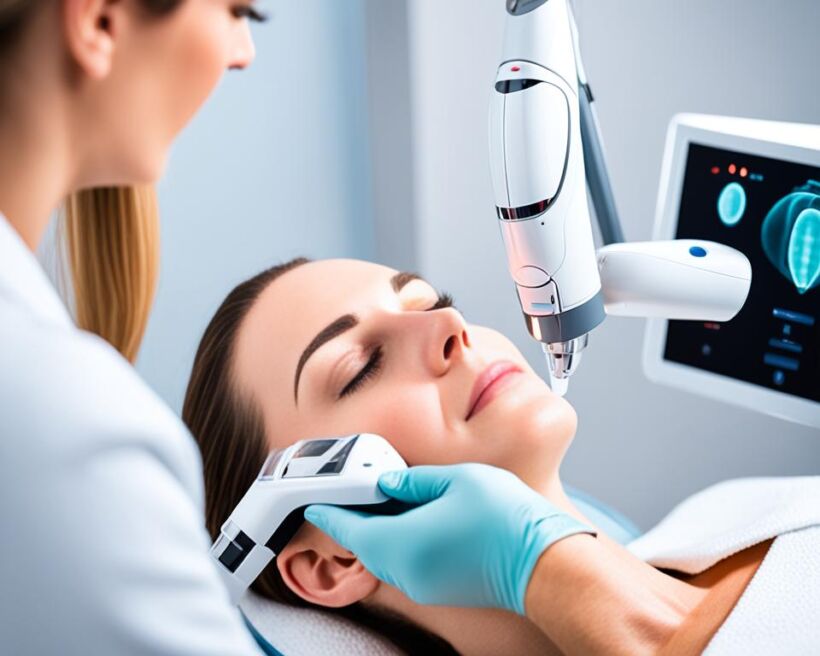
| Treatment | Benefits |
|---|---|
| Chemical Peels | Exfoliates the skin, unclogs pores, reduces inflammation, and improves acne scarring. |
| Microdermabrasion | Removes dead skin cells, unclogs pores, and improves the texture and tone of the skin. |
| Laser Therapy | Targets bacteria, reduces acne breakouts, promotes collagen production, and diminishes acne scars. |
| Corticosteroid Injections | Reduces inflammation and accelerates healing of large, painful acne cysts. |
Dealing with Hormonal Acne Scarring
Hormonal acne can be frustrating to deal with, and it often leaves behind stubborn scars that can affect your self-confidence. However, there are several effective acne scar treatments available to address hormonal acne scarring and restore the smoothness of your skin. Let’s explore some of these treatments:
Dermal Fillers
Dermal fillers are a popular choice for treating acne scars caused by hormonal acne. These injectable gels, typically made from hyaluronic acid, can help fill in and smooth out shallow scars, giving your skin a more even appearance. Dermal fillers provide immediate results and can last for several months.
Micro-Needling
Micro-needling, also known as collagen induction therapy, is a procedure that involves using tiny needles to create controlled micro-injuries in the skin. This stimulates collagen production and helps to improve the appearance of acne scars. Micro-needling can be effective in reducing the depth and visibility of hormonal acne scars.
Laser Resurfacing
Laser resurfacing is a non-invasive procedure that uses laser technology to remove the top layers of damaged skin. This treatment stimulates collagen production and promotes the growth of new, healthy skin cells. Laser resurfacing can effectively minimize the appearance of hormonal acne scars and improve skin texture.
When considering acne scar treatments, it’s important to consult with a dermatologist or skincare professional who can assess your specific needs and recommend the most appropriate option for you. Additionally, they can provide valuable guidance on the expected results, potential risks, and post-treatment care.
| Treatment | Benefits | Duration |
|---|---|---|
| Dermal Fillers | Smoothes out shallow acne scars | Lasts several months |
| Micro-Needling | Stimulates collagen production, reduces scar depth | May require multiple sessions |
| Laser Resurfacing | Improves skin texture, minimizes scars | Varies depending on treatment depth |
Remember, the effectiveness of acne scar treatments may vary depending on the severity and type of scars. It’s essential to have realistic expectations and follow your skincare professional’s advice for optimal results. With the right treatment approach, you can significantly reduce the appearance of hormonal acne scarring and regain confidence in your skin.
Conclusion
In conclusion, effectively treating and preventing hormonal acne requires a comprehensive approach that encompasses various strategies. By following a well-rounded skincare routine, you can cleanse, exfoliate, and moisturize your skin appropriately to minimize acne breakouts.
In addition to skincare, making changes to your diet and lifestyle can have a significant impact on hormonal acne. Opting for a balanced diet that includes low-glycemic foods and reducing dairy intake may help manage hormonal imbalances that contribute to acne formation. Alongside a healthy diet, managing stress levels and engaging in regular exercise can further support hormonal acne prevention.
Exploring natural remedies, such as tea tree oil, witch hazel, aloe vera, green tea, and apple cider vinegar, can provide additional support in managing hormonal acne. These natural ingredients possess unique properties that can help reduce inflammation, control sebum production, and soothe the skin.
Lastly, considering hormonal and professional treatments may be necessary in severe cases of hormonal acne. Consulting with a dermatologist will determine the most suitable treatment options for your specific needs and help you achieve clearer, healthier skin.

